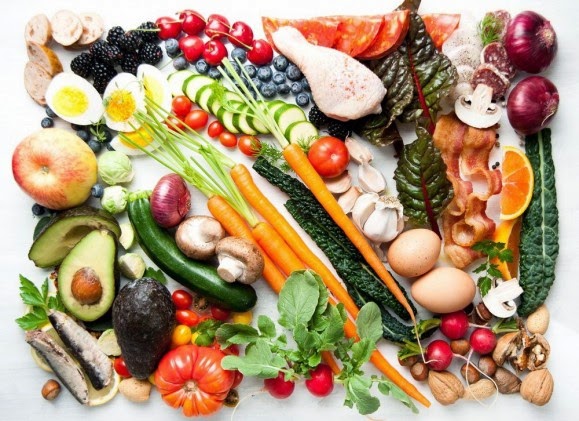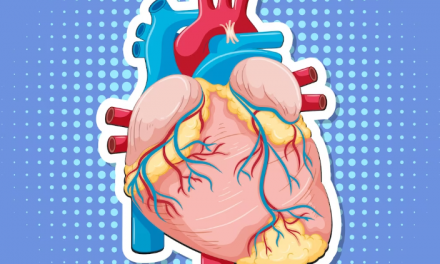Essentially, the philosophy is that if the caveman didn’t eat it, neither should you.
Avoiding grains translates
to avoiding a lot of packaged food, and avoiding quick grab foods of low
nutrient value (eg bakery products).
- Protein consumed is
generous, which is good, because protein gives more of a sense of fullness than
carbs or fat. (see study)
- The fat percent is too high
(estimated at about 39% of daily calories for a typical Paleo diet). If you’re trying to lose weight, this could present a challenge. I also wondered if there would be an adverse effect of this high fat intake on cholesterol, although one study actually shows an improvement in cholesterol profile. - Paleo doesn’t discriminate
between healthier animal sources of protein (eg fish vs red meat) - Avoiding dairy is unfortunate, as there is a lot of nutritional value in low fat dairy products. The same can be said for legumes and healthy grain choices.
- It’s deficient in some
vitamins and minerals, such as calcium.
long term; any diet that completely restricts complete food groups is going to be tough to stick to. And as you’ve heard me say
before, I don’t even like to use the word ‘diet’, because it implies that the change is temporary. Any change should be a permanent lifestyle change if it is going to result in permanent success!













